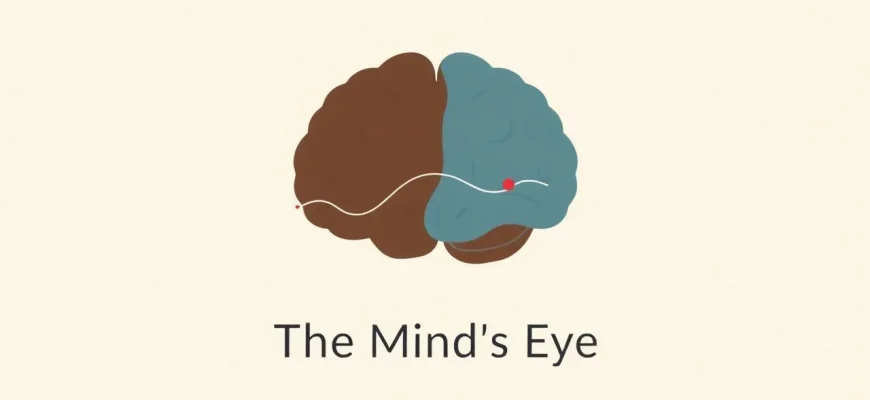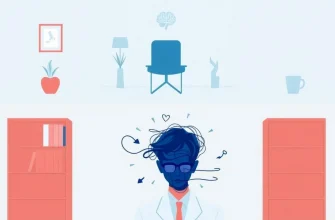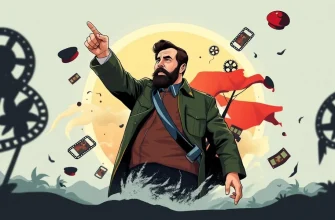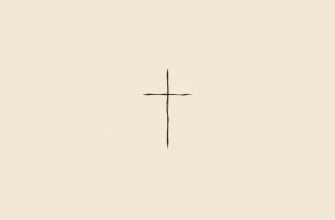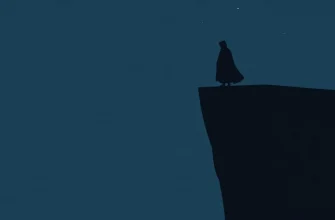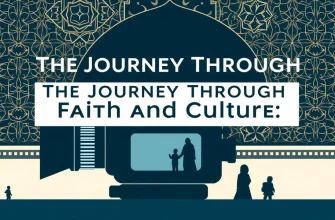Delving into the intricate world of psychoanalysis, these films offer a unique perspective on the human mind, exploring themes of identity, trauma, and healing. Whether you're a psychology enthusiast or simply love a good drama, this collection will provide both entertainment and insight into the complex relationships between therapists and their patients.

The Three Faces of Eve (1957)
Description: This film is based on the true story of a woman with dissociative identity disorder, highlighting the early days of understanding multiple personality disorder through psychoanalysis.
Fact: Joanne Woodward won the Academy Award for Best Actress for her portrayal of Eve White, Eve Black, and Jane.
 Watch Now
Watch Now 
Ordinary People (1980)
Description: This film delves into the aftermath of a family tragedy, focusing on the psychological turmoil of a teenage boy and his interactions with his therapist. It's a poignant exploration of grief, guilt, and the healing process.
Fact: The film won four Academy Awards, including Best Picture, Best Director for Robert Redford, Best Supporting Actor for Timothy Hutton, and Best Adapted Screenplay.
 Watch Now
Watch Now 
The Prince of Tides (1991)
Description: A man seeks help from a psychiatrist to save his suicidal sister, leading to revelations about their traumatic childhood. It's a story of healing, family, and the power of therapy.
Fact: Barbra Streisand directed and starred in the film, which was her first directorial effort since "Yentl" in
 Watch Now
Watch Now 
Analyze This (1999)
Description: A comedic take on psychoanalysis, this film follows a mob boss who seeks therapy to deal with his anxiety, leading to humorous and heartfelt interactions with his reluctant therapist.
Fact: Robert De Niro, known for his dramatic roles, took on this comedy role, showcasing his versatility as an actor.
 Watch Now
Watch Now 
The Sixth Sense (1999)
Description: While not strictly about psychoanalysis, this film features a child psychologist dealing with a young boy who claims to see dead people, exploring themes of communication and understanding the unseen.
Fact: The film's famous twist ending was kept a secret from the cast and crew until the very end of filming.
 Watch Now
Watch Now 
The Hours (2002)
Description: This narrative weaves together the lives of three women from different eras, each grappling with their mental health, with therapy playing a pivotal role in their stories. It's a profound look at depression and the search for meaning.
Fact: Nicole Kidman won an Academy Award for Best Actress for her portrayal of Virginia Woolf, despite wearing a prosthetic nose.
 Watch Now
Watch Now 
The Diving Bell and the Butterfly (2007)
Description: While not directly about psychoanalysis, this film features a man who, after a stroke, communicates through blinking, exploring themes of isolation, communication, and the mind's resilience.
Fact: The film was shot from the perspective of the protagonist, Jean-Dominique Bauby, who could only communicate by blinking his left eye.
 Watch Now
Watch Now 
A Dangerous Method (2011)
Description: This film examines the tumultuous relationship between Carl Jung, Sigmund Freud, and Sabina Spielrein, showcasing the early days of psychoanalysis and the personal conflicts that shaped its development.
Fact: The film is based on the stage play "The Talking Cure" by Christopher Hampton, which itself was inspired by John Kerr's book "A Most Dangerous Method."
 Watch Now
Watch Now 
Spellbound (1945)
Description: Directed by Alfred Hitchcock, this film features a psychoanalyst who falls in love with her patient, uncovering a mystery involving amnesia and hidden identities. It's a classic blend of psychological drama and suspense.
Fact: Salvador Dalí was originally hired to design the dream sequences, but his surrealistic ideas were deemed too impractical and expensive.
 30 Days Free
30 Days Free 
Freud (1962)
Description: A biographical drama focusing on the early life and career of Sigmund Freud, exploring his development of psychoanalytic theory and his personal struggles.
Fact: The film was directed by John Huston, who was known for his interest in psychology and psychoanalysis.
 30 Days Free
30 Days Free 
